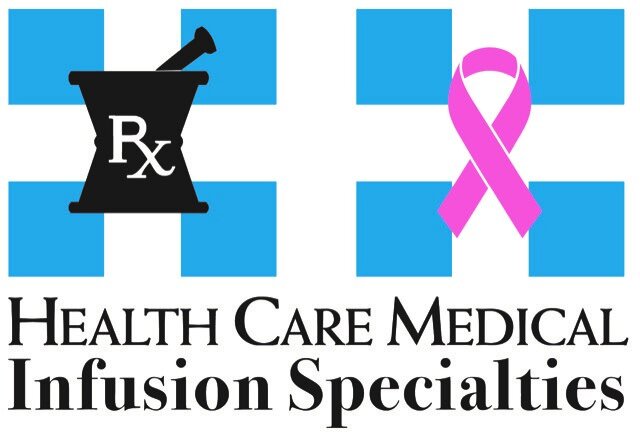Myasthenia Gravis Awareness Month
Introduction
Myasthenia gravis or MG is a rare autoimmune condition that causes weakness in your muscles. It affects up to 100,000 people in the United States and about 1 million worldwide.
What Is MG?
The nerve cells in your body communicate through chemicals called neurotransmitters, which carry messages from one cell to another. In myasthenia gravis, these communication pathways are disrupted by antibodies on the surface of muscle cells that block acetylcholine (a chemical produced by nerves and muscles) from binding to receptors on those cells' surfaces. This causes weakness in various parts of your body such as your arms, legs, or facial muscles (the muscles around your eyes).
The most common symptoms include:
Muscle weakness that becomes worse with use--for example, when you try to lift something heavy or walk upstairs.
Difficulty swallowing food due to weakness in throat muscles.
Who Gets MG?
It can affect people of any age, but it is most common in women between the ages of 15 and 50. MG is more common in people who have a family history of the disorder.
According to WebMD: "MG develops when your immune system mistakenly attacks the cells that produce acetylcholine (Ach), a chemical involved in muscle function."
What Causes MG?
MG is an autoimmune disease. Autoimmune diseases are when the immune system attacks the body's own tissues, mistaking them for foreign substances. As a result, these tissues cannot function properly and become diseased or injured.
The cause of myasthenia gravis is unknown but there may be genetic factors involved in its development since it tends to run in families. There are no tests that can diagnose MG without symptoms present because there are some other conditions that have similar symptoms such as Lambert-Eaton syndrome or ocular myasthenia gravis.
How Is MG Treated and How Do Medications Work?
Myasthenia gravis is a treatable disease and most patients will live a relatively normal life with treatment.
Treatments for MG focus on improving symptoms. Treatments include:
Medications: Cholinesterase inhibitors (anticholinesterase) boost signals between nerves and muscles to improve muscle strength. Immunosuppressants, including corticosteroids, decrease inflammation and reduce your body’s production of abnormal antibodies.
Monoclonal antibodies: You receive intravenous (IV) infusions of biologically engineered proteins. These proteins suppress an overactive immune system.
IV immunoglobulin (IVIG): You receive IV infusions of donor antibodies over a period of two to five days. IVIG can treat myasthenia crisis as well as generalized MG.
Plasma exchange (plasmapheresis): An IV line removes abnormal antibodies from your blood.
Surgery: A thymectomy is surgery to remove the thymus gland. Even if tests don’t show a problem with your thymus gland, surgical removal sometimes improves symptoms.
How Can I Live With MG?
Take medications as prescribed.
Stay hydrated.
Take breaks from physical activity and avoid triggers, such as allergens or hot weather.
Maintain a healthy diet and get regular exercise, which has been shown to help improve muscle strength in people with MG by strengthening the muscle fibers themselves rather than just increasing blood flow to them like steroids do (which also helps!). The Centers for Disease Control recommends moderate-intensity aerobic activity on at least 3 days per week for 30 minutes at a time, but you should talk to your doctor before starting any new exercise routine so they can make sure it's safe for you!
Conclusion
MG is a disease that can affect anyone at any age. The good news is that there are many medications available to treat it, and they have helped many people live full lives with the condition. If you think you may be experiencing symptoms of MG, talk with a doctor right away so they can help determine if treatment is necessary or not!
